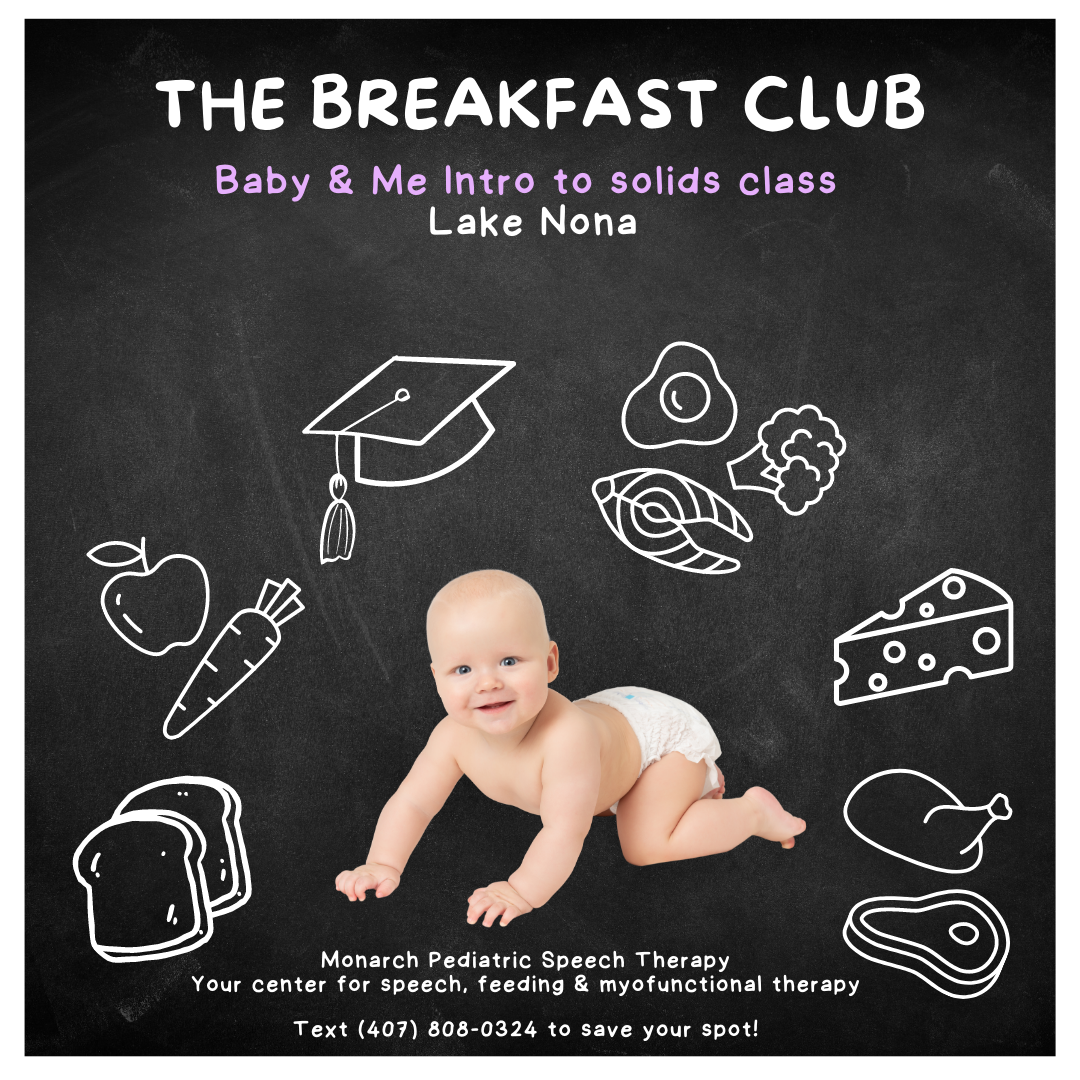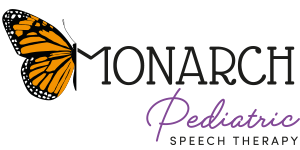Intro to Solids

- Fundamental Knowledge: Feeding is a basic and essential aspect of human life. Learning about feeding techniques, nutrition can provide you with fundamental knowledge that can benefit you and others throughout your life.
- Parenting and Caregiving: If you are a parent or caregiver, an introduction to feeding class can be especially beneficial. It equips you with the skills and knowledge needed to nourish and nurture your child or dependent properly. Learning how to introduce solids to babies and learn about oral motor skills and feeding development can reduce stress and improve the feeding experience for both you and your child.
- Confidence: Many people feel uncertain or anxious about feeding themselves or others, especially when dealing with dietary restrictions or picky eaters. Joining a feeding class can boost your confidence in your skills!
- Community and Support: Feeding classes often create a supportive learning environment where you can connect with other families who are going through the same stage of life. This sense of community is great for exchanging ideas, recipes, and experiences.Top of Form
An introduction to feeding baby class can be an excellent idea to join for several compelling reasons, especially if you are a new parent or caregiver. Here’s why such a class can be highly beneficial:
- Critical Knowledge: Feeding a baby is one of the most fundamental aspects of infant care. Understanding the basics of infant nutrition, feeding techniques, and best practices is crucial for ensuring the well-being and healthy development of the baby.
- Early Nutrition Matters: Proper nutrition during infancy sets the foundation for a child’s future health and growth. Learning how to provide the right nutrients in the right amounts at this stage can have long-lasting positive effects on a child’s physical and cognitive development.
- Reducing Parent Anxiety: Many new parents feel anxious or unsure about how to feed their newborns, especially if it’s their first child.
- Feeding Milestones: Infants go through various feeding milestones as they transition from exclusive milk feeding (breast milk or formula) to solid foods. Understanding when and how to introduce solids, as well as the appropriate textures and portion sizes, is crucial for a smooth transition.
- Allergen Awareness: Food allergies are a concern for many parents. A baby feeding class can educate you about introducing potential allergenic foods safely and monitoring for any adverse reactions.
- Feeding Challenges: Babies can be picky eaters or face feeding challenges due to medical conditions. Learning how to address feeding difficulties and seeking help when needed can be essential for ensuring a baby’s nutritional needs are met.
- Interaction and Bonding: Feeding is not just about nourishment; it’s also an opportunity for bonding and interaction between parents or caregivers and the baby. Understanding the importance of responsive feeding and creating a positive feeding environment is emphasized in these classes.
- Community and Support: Joining a baby feeding class allows you to connect with other parents or caregivers who are going through similar experiences. This sense of community can provide emotional support, a forum for sharing experiences and concerns, and a network of people who can relate to your journey.
- Safety: Learning about safe food handling practices, appropriate feeding equipment, and preventing choking hazards is essential for the safety of your baby during mealtimes.
